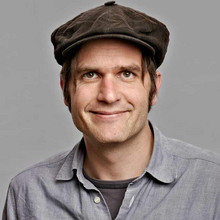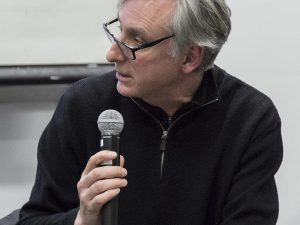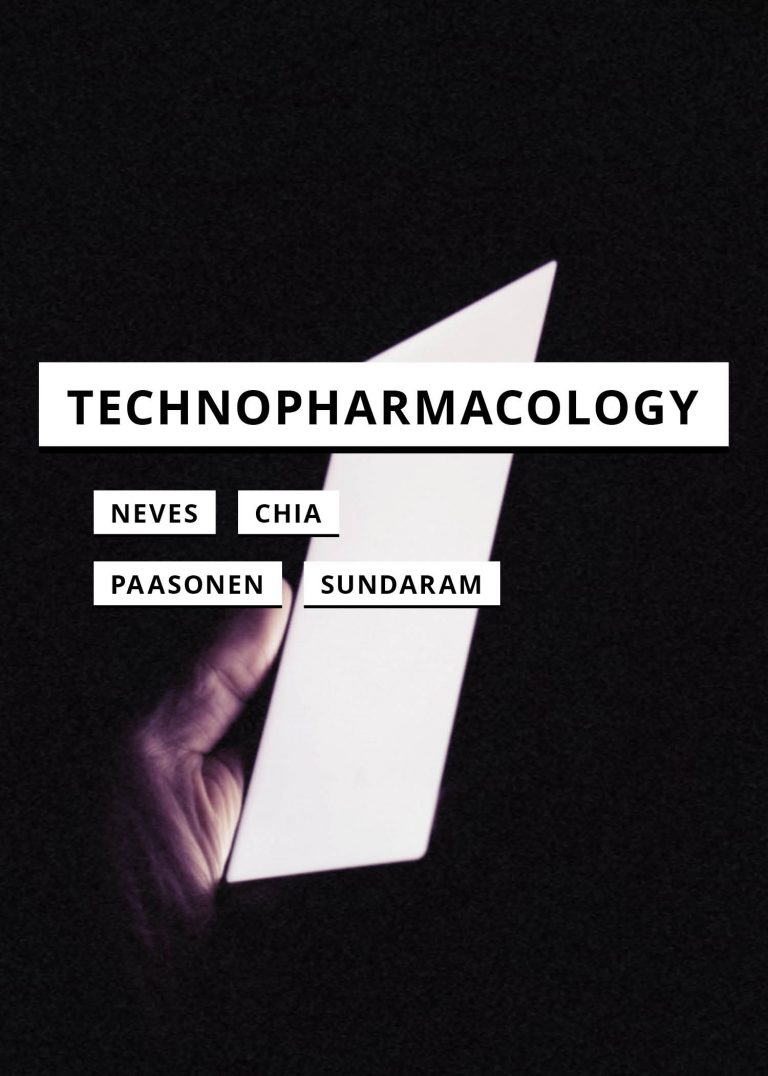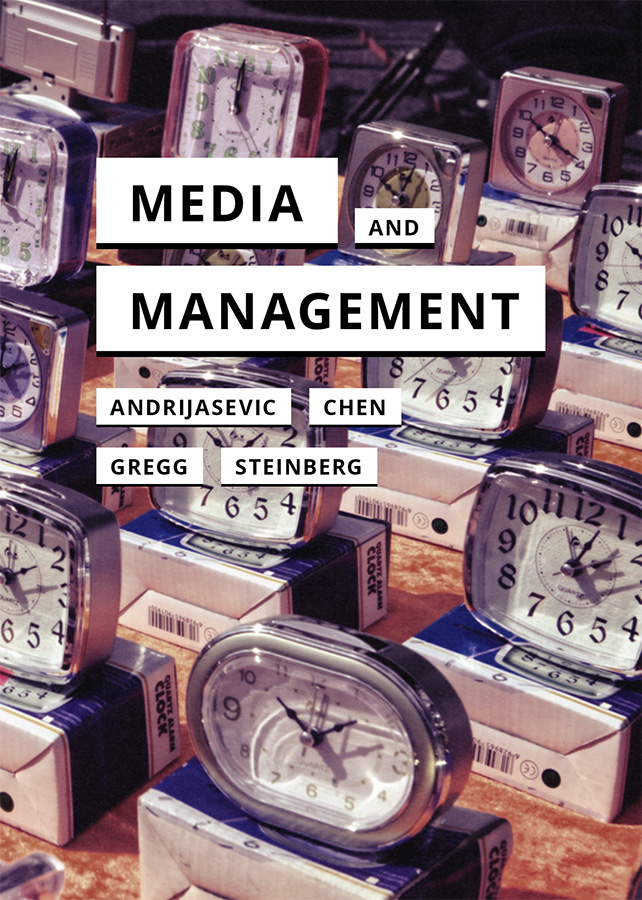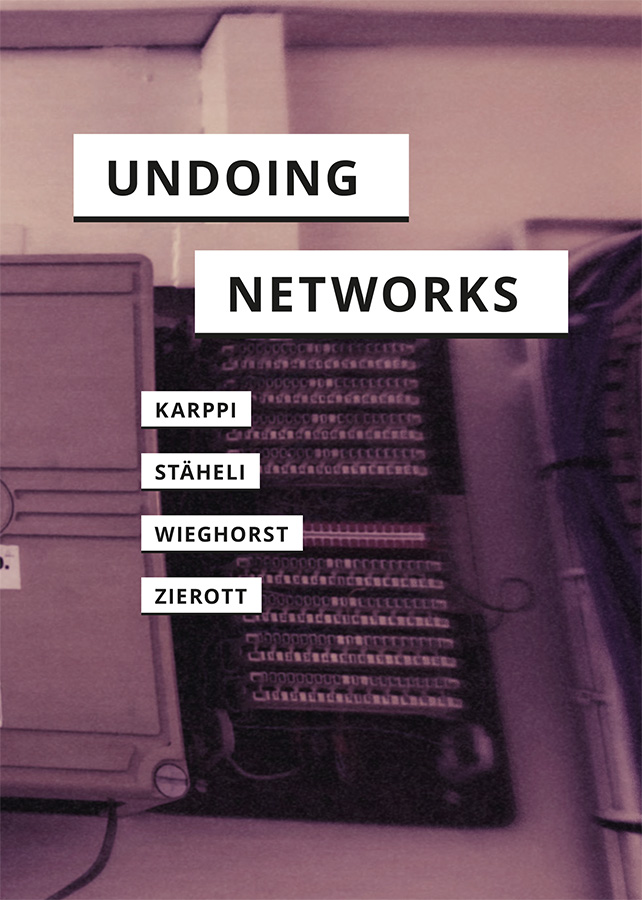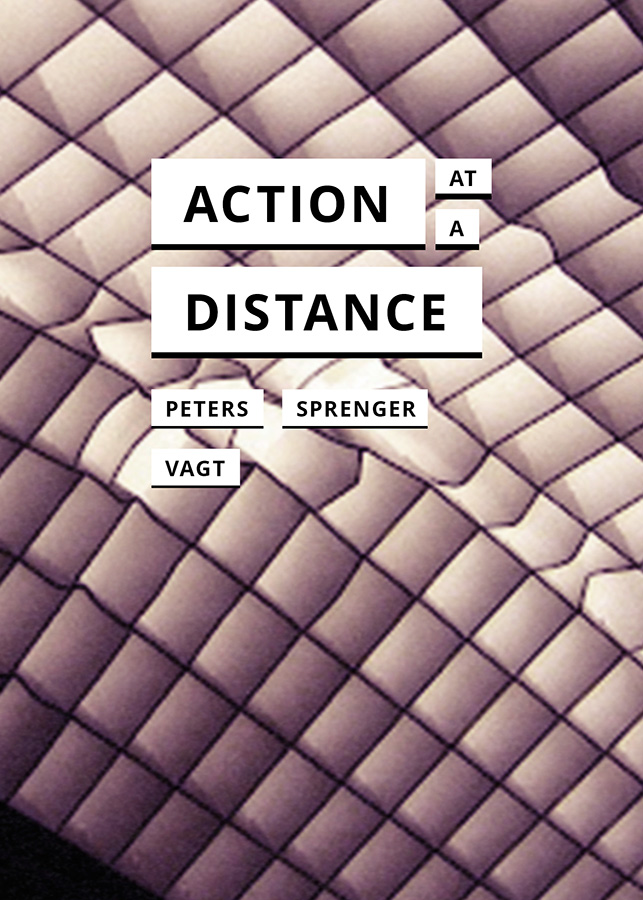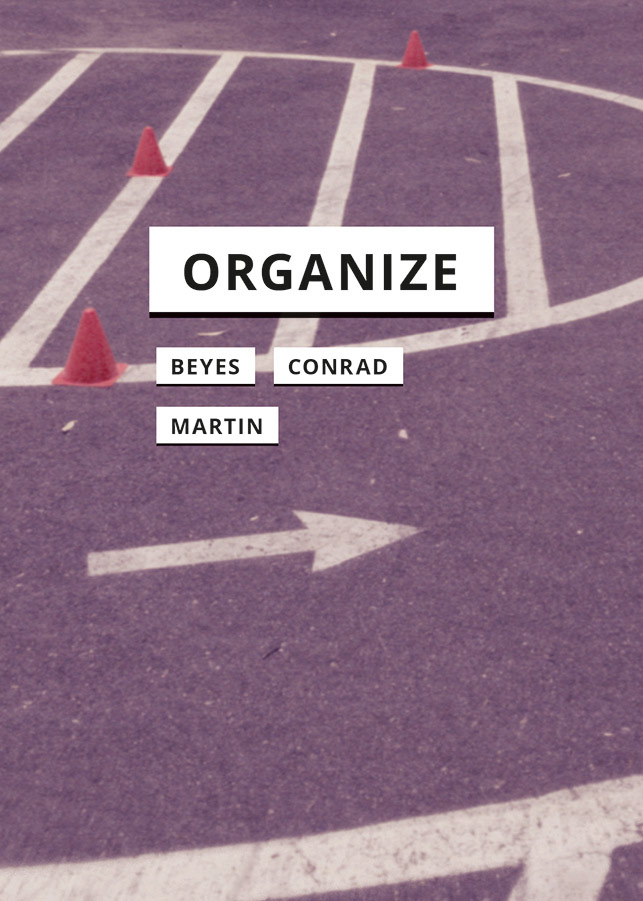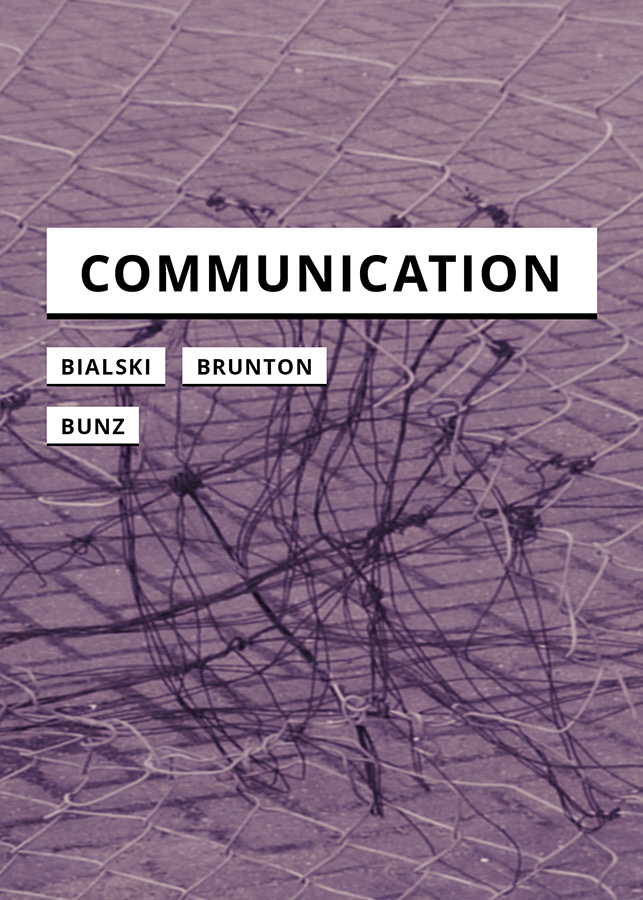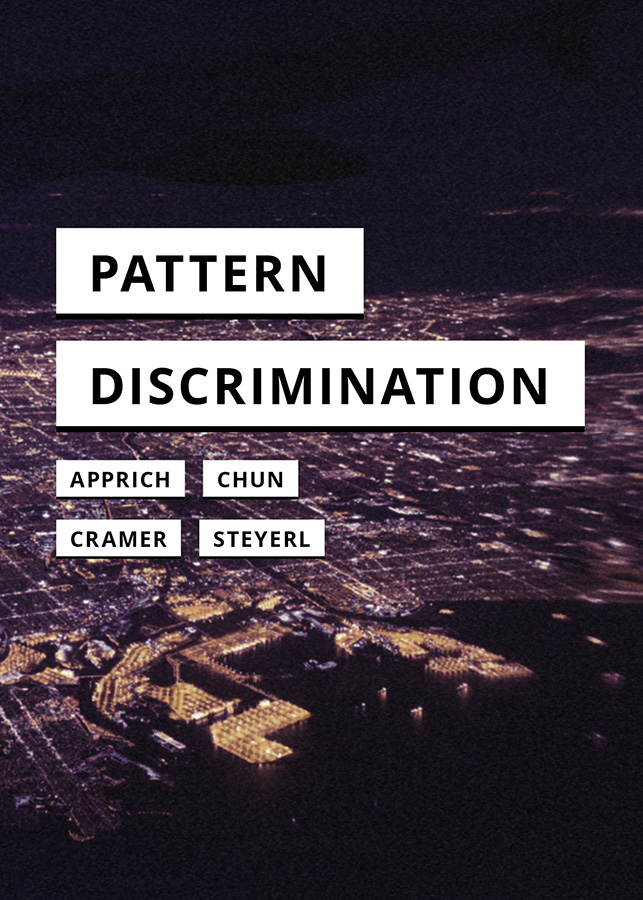Organize
Digital media technologies re-pose the question of organization—and thus of power and domination, control and surveillance, disruption and emancipation. This book interrogates organization as effect and condition of media. How can we understand the recursive relationship between media and organization? How can we think, explore, critique—and perhaps alter—the organizational bodies and scripts that shape contemporary life?
Organize encourages us to think about media as a noun and a verb. The media mediates as an apparatus for organizing people and things, patterning actual and possible relations. Connecting media theory with organization theory, this book deserves to be widely read.”
— Martin Parker, University of Bristol
“This volume assembles some of the very thinkers who track the terms ‘media’ and ‘organization’—how they migrate, cross paths, and even double each other in digital cultures.”
— Keller Easterling, Yale University


